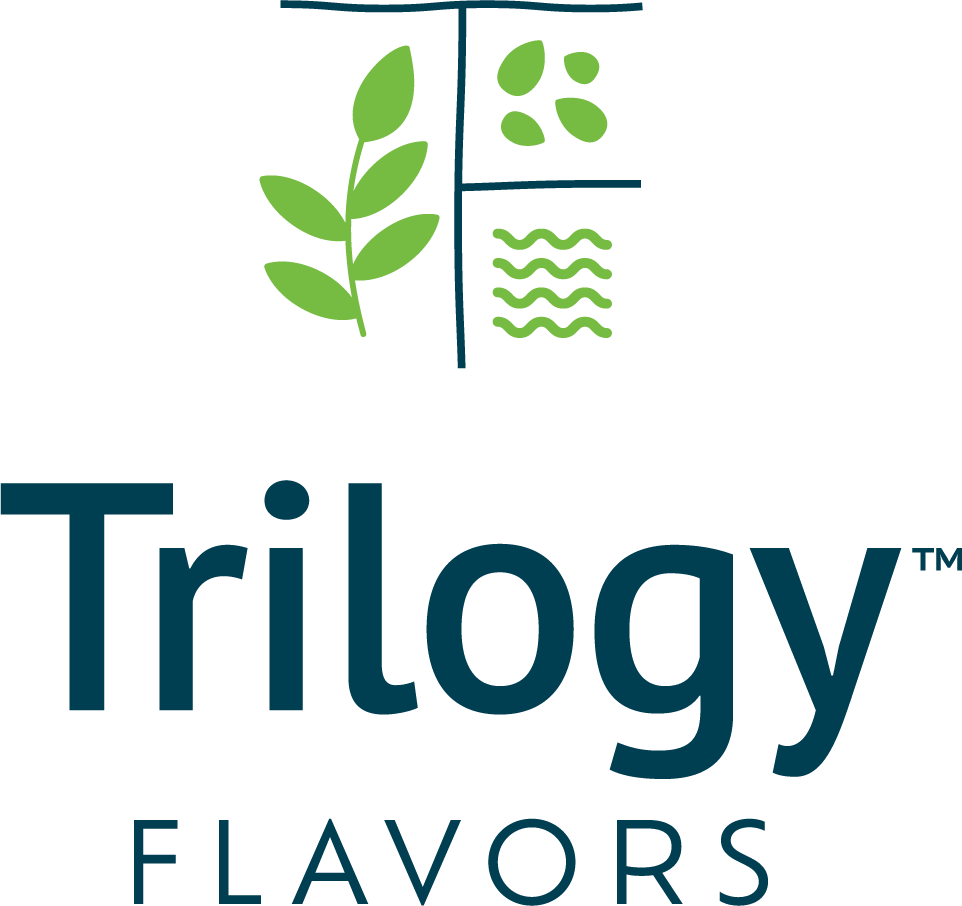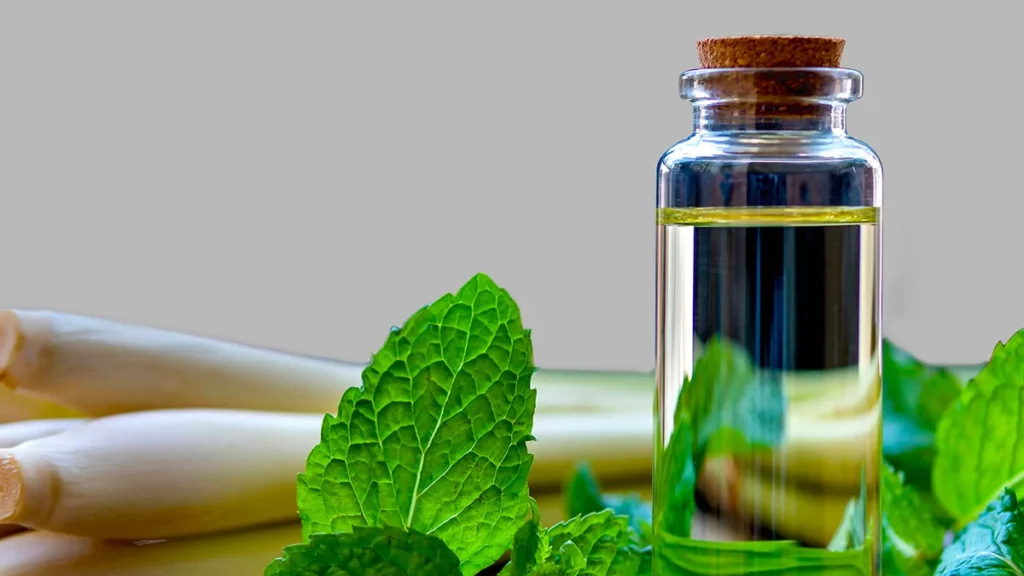Overview
The popularity of organic food products has been on the rise since the early 2000s. Consumers became aware of the purported health benefits of organic products, as well as the lessened environmental impact that comes with producing food organically. Following this trend, USDA organic flavors began to appear in the market and allowed producers to further enhance the taste of their organic products without sacrificing the health and environmental upsides associated with having an organic product.
As the organic trend continues to grow, we expect to see more and more companies in the food industry switch to using organic flavors. We have seen a significant uptick in requests for USDA organic flavors even in the past 2 years. Companies searching for organic flavors depend on companies like Trilogy Flavors for our vast knowledge of ingredient sourcing and USDA organic regulations, as well as our expertise in developing high-quality flavors.
Organic Certification 101
The process of obtaining organic certification for a flavor can be a tricky process if one doesn’t understand all of the USDA regulations. Many of these regulations deal with which materials are and are not allowed to be included in an organic product, how much organic material the product must contain, prohibited practices, etc. Once a flavor has been developed to the specifications required by these regulations, it must be submitted to an accredited organic certifying agency for review before it can be sold as organic. The certifying agency will examine the formula and require documents proving that each ingredient is either organic or permitted to be used in an organic product, and that the processes used do not run afoul of any rules.
A flavor can fall into one of three organic categories: 100% Organic, Organic, or Made with Organic. Each of these categories has a minimum amount of organic material that must be included in the flavor for it to be certified. 100% Organic products are, obviously, 100% organic materials. An example is a flavor emulsion that uses organic gum Arabic and organic essential oils or oleoresins.
“Organic” products must contain at least 95% organic material. This category is the most common for flavors and fragrances, and includes anything from extracts using organic ethanol and organic essential oils to compounded flavors put together from individual flavor chemicals.
One does hit a speed bump when using compounded flavors that include flavor chemicals, because as of this writing, it is not possible to get flavor chemicals certified. Flavor chemicals can still be used (up to 5%), however documentation must be provided for each ingredient indicating that the flavor chemical itself was not produced using any prohibited methods and does not include any forbidden materials. Documentation also needs to show that we attempted to find an organic source but were unsuccessful, which means contacting multiple sources regularly to check on availability of organic versions.
The final category, “Made with Organic”, requires only 75% organic materials to be used. This category seems to be the least popular of the three, and does not appear as often in flavor development as it does in finished food products.
Documentation proving organic compatibility can be difficult to come by for a lot of flavor chemicals, and therefore takes up time or limits the flavorist’s ability to develop the best flavor possible. Because our team has been certifying organic flavors for 13 years, Trilogy has on file documentation for most of the flavor chemicals we use in our blends, giving us the advantage of being able to use any ingredient necessary to get the customer exactly what they want in a timely manner.
Trilogy’s Organic Capabilities
The flavorists at Trilogy Flavors have decades of flavoring experience between them, and have been obtaining organic certification for 13 years. Our success in this field is due to our knowledge of and relationships with botanical growers who work with us to produce organic essential oils and oleoresins around the world. It is also helped by our working relationship with our organic certifying agency, who we are in almost constant contact with regarding new products and regulations.
When we first started making organic flavors, the majority of them were straight forward products like an organic botanical extract, using only ethanol, essential oils, and water. Today, Trilogy has over 140 organic certified flavors, from apple to watermelon and just about everything in between. Not only do we boast a huge flavor library for customers to select from, but due to our stream-lined process and experience with organics, we are able to create custom organic flavors and have them certified within a few days.
At the end of 2019, a new rule was added that requires any ingredient (essential oil, oleoresin, botanical, and flavor chemical) that is used in an organic flavor MUST come from an organic source if one is commercially available. For example, if one wanted to make an organic lemon flavor using lemon essential oil, that essential oil must be from an organic certified lemon on an organic certified farm. Because these types of ingredients are ubiquitous in the flavor and fragrance industries, producers of organic flavors and fragrances needed to change their practices. Thankfully, Trilogy was aware of the upcoming rule change and we began implementing the new practices immediately, ensuring that we were still on the leading edge of organic flavor development.
Conclusion
VIEW TRILOGY’S ORGANIC FLAVOR LIST
We can expect the market for organic flavors to continue to grow, and to see more food companies and flavor houses begin adapting to this trend and converting products over to organic.






